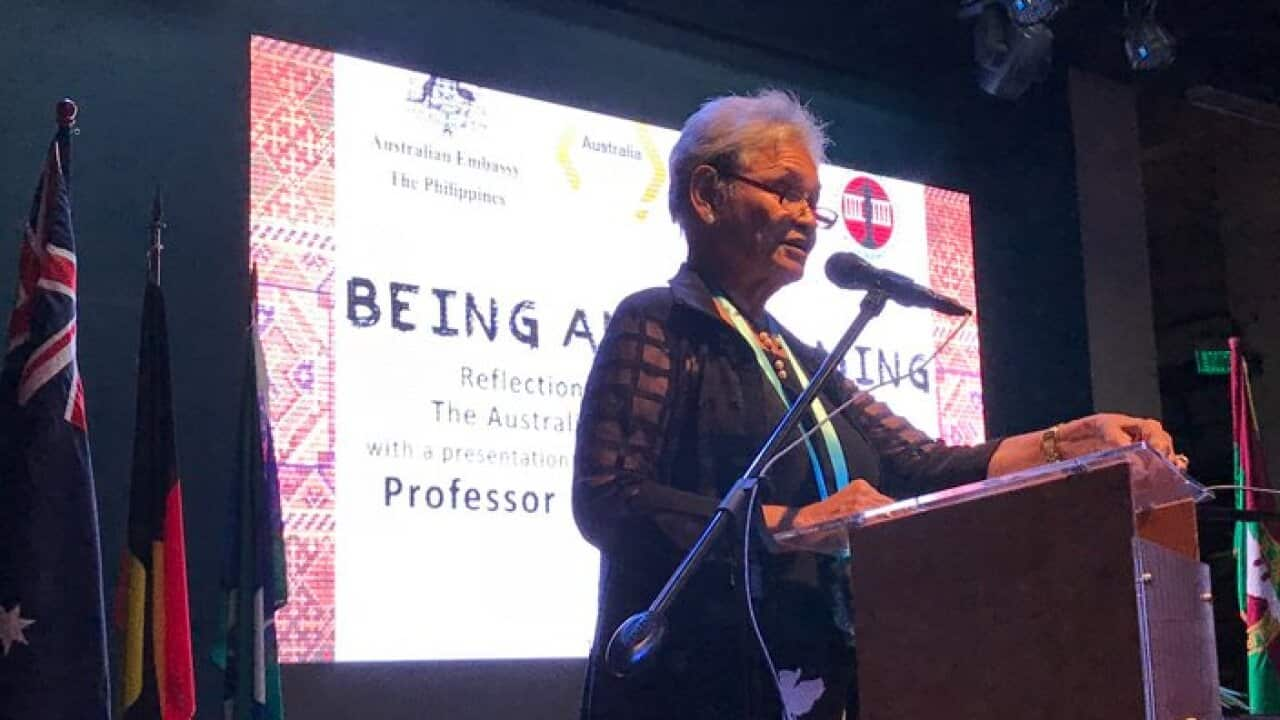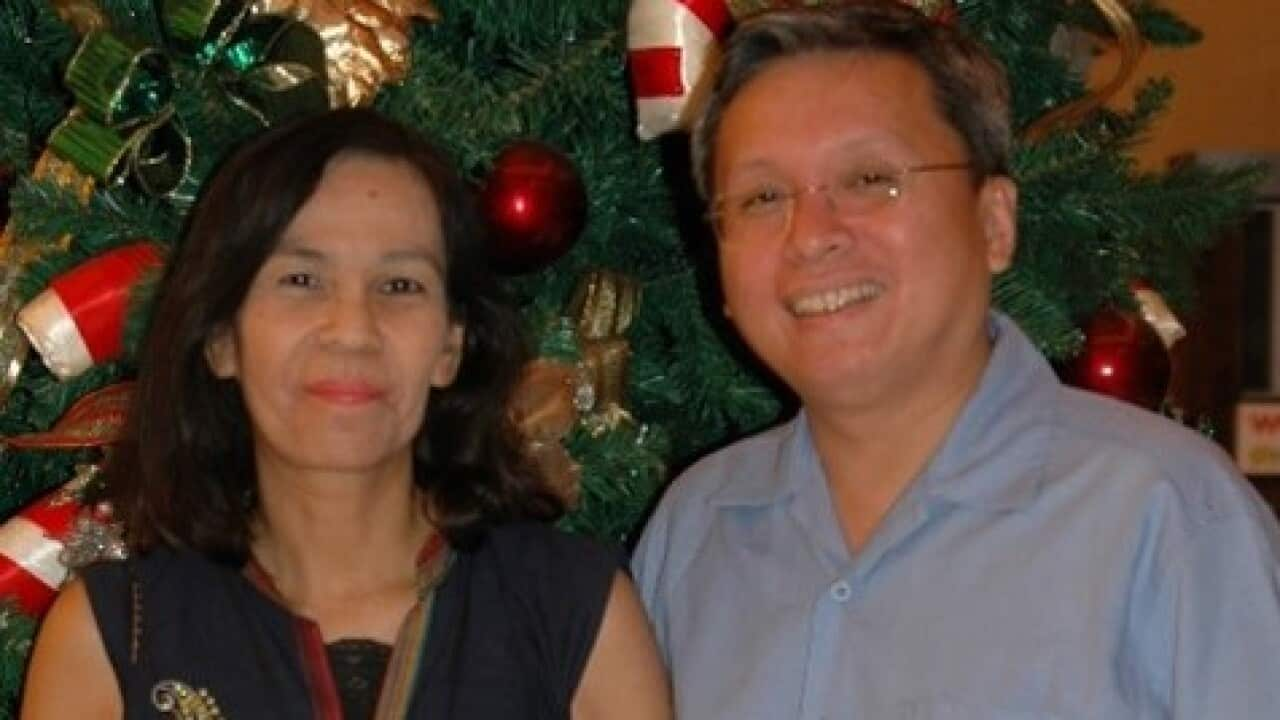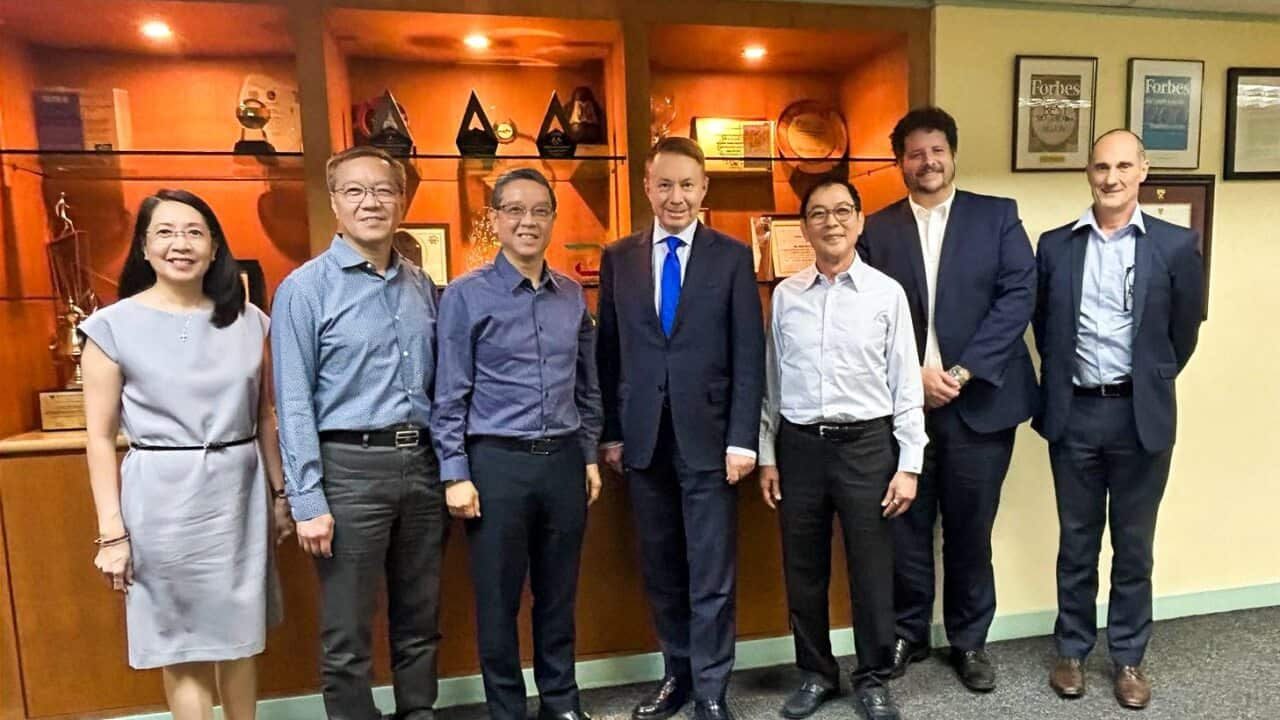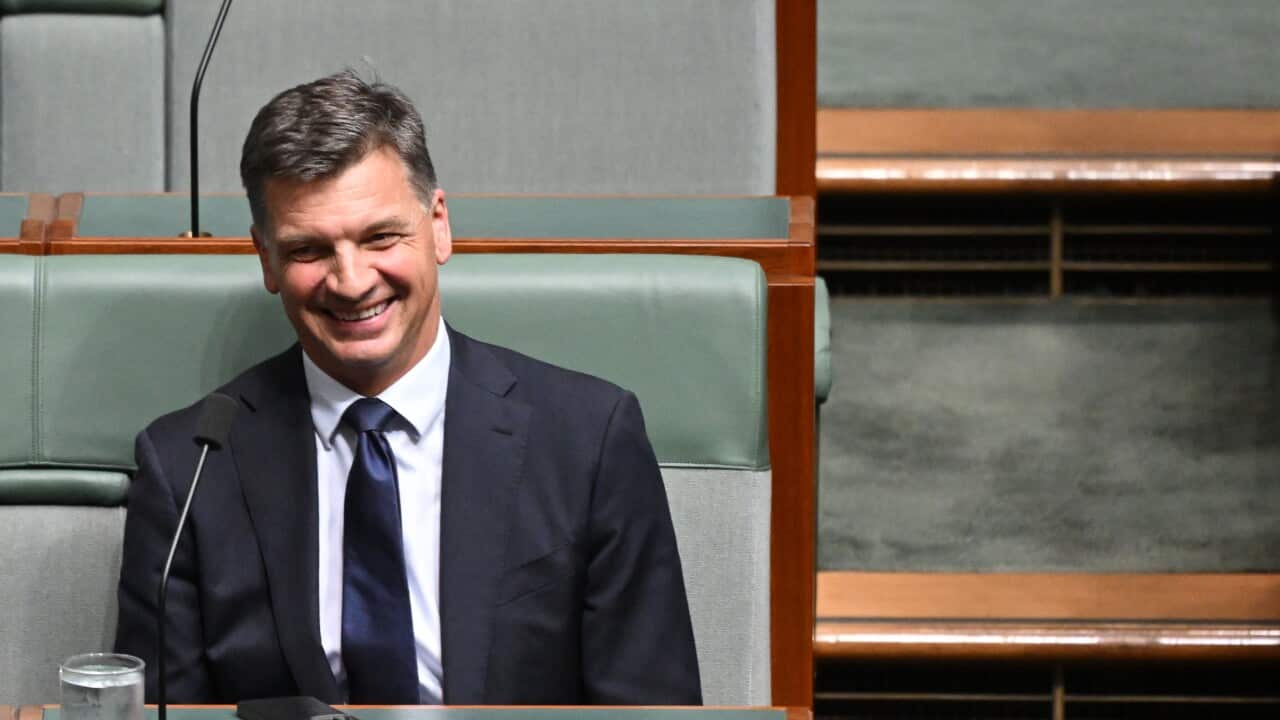Ito ang inihayag ni Australian Ambassador to the Philippines, Amanda Gorely, sa Public Lecture na tinawag na “Being and Becoming: Reflections on Ethnicity and Learning the Australian and Philippine Experience,” sa University of the Philippines sa Lungsod ng Maynila.
Naniniwala si Ambassador Gorely na hindi agad maaayos ang mga kakulangang ito para sa mga komunidad katutubo.
Pero nakikita raw niya ang sapat na determinasyon at pagsisikap ng mga gobyerno, at ng mga grupo para matugunan ito.
Ang pahayag niya, "But we do have to confront the reality that indigenous Australians, even in 2018, have significant disadvantage, compared to the rest of our community. The government has expressed its determination to close the gap between indigenous and non-indigenous Australians, in terms of life expectancy, infant mortality rates, access to early childhood education, literacy and numeracy, high school education attainment, and employment outcomes. The reality is, that the work in closing the gap, to put the indigenous peoples in equal footing with the rest of the community, is not easy, and will take time and ongoing determination. But it think the determination is there, and progress towards reconciliation is being made.”
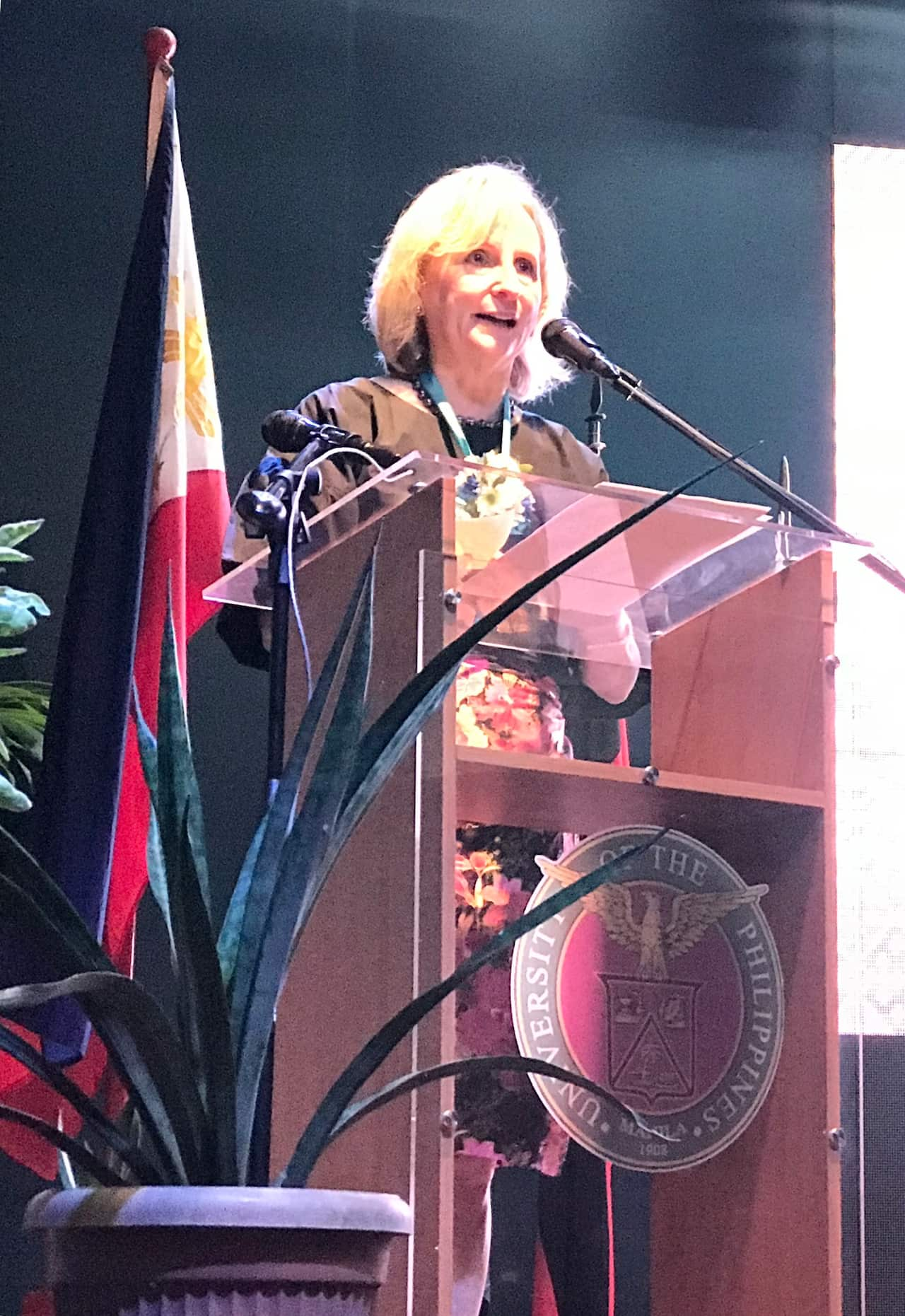
Sumang-ayon si Propesor Bin-Sallik, na may dugong Pilipino, sa pahayag ni Ambassador Gorely na may mga hamong kinakaharap pa rin ang mga katutubo.
Sa pahayag niya, "I did not think I would live long enough to see the changes that have happened in my country."
Sinabi ni propessor Bin-Sallik, na kauna-unahang Aborihinal na nag-aral sa Harvard University, ang edukasyon ay malaking susi sa pag-unlad ng mga buhay ng katutubo lalu na't nakapasok na sila sa mga pamantasan.
Subalit, sinabi niya kailangan na kilalanin pa rin at panatilihin ang mga nakagisnan, kaugalian, at paraan ng pamumuhay ng mga indigenous peoples, "We built what we call an aboriginal support program. Because everything else outside that program … there’s nothing in Australian that you can see that represents our culture in the big city, or who we are. But in there, we had our own artifacts, we had our own people, we had guest speakers…we’ve got people into social work, business, anthropology. And it was all our creation. And you’ll find that … the ambassador talked about closing the gap… the universities are doing the best… not because of the government, not because of the bureaucrats; it’s because of the aborigines working there. That’s what’s working so well…”
